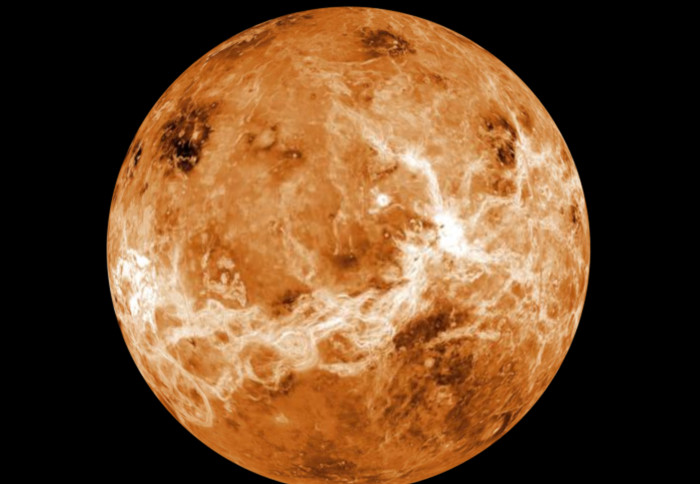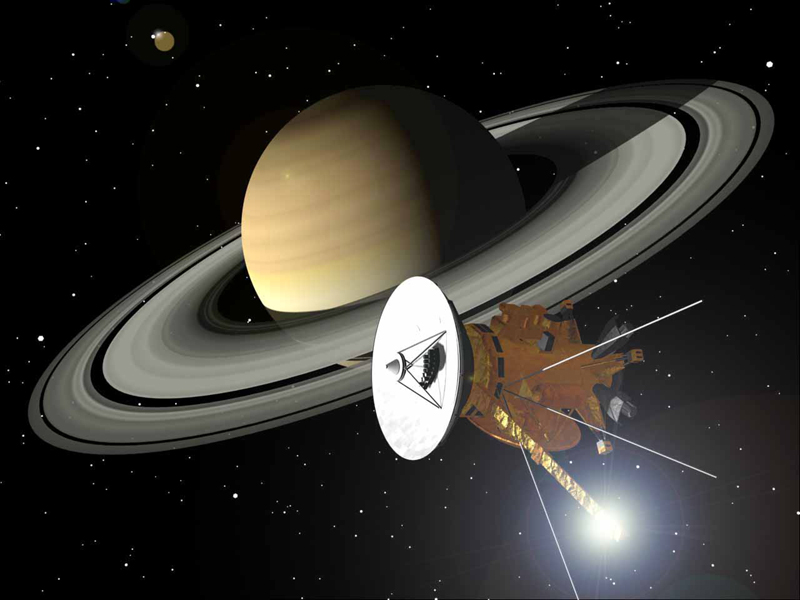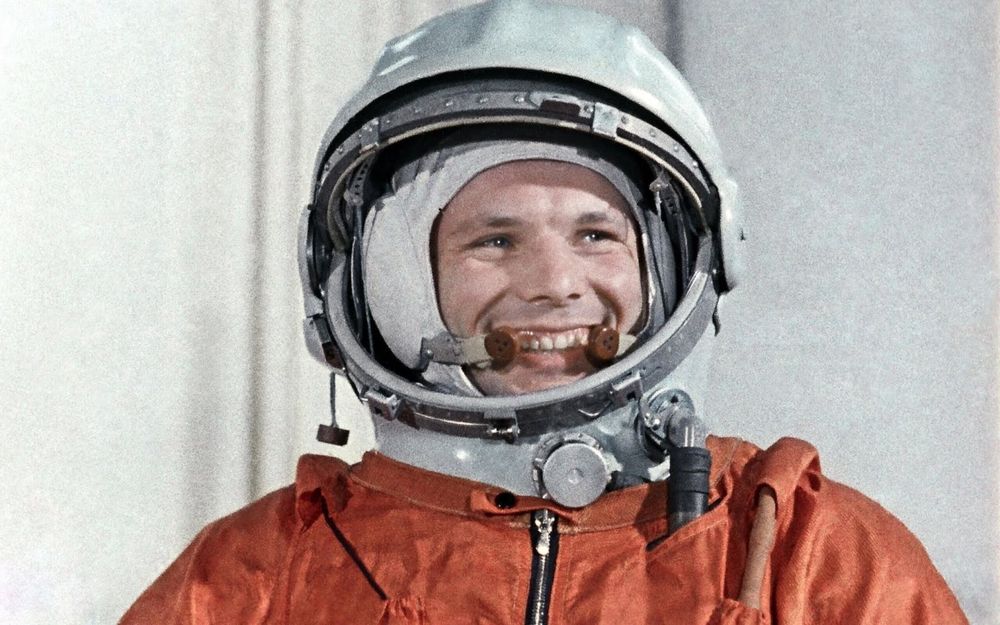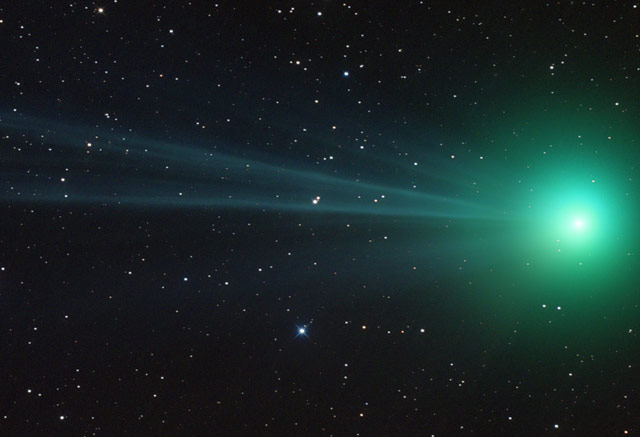Hi everybody
Here is the latest article from the Astronomy site at BellaOnline.com.
When Does the New Year Begin
Imagine midnight on December 31 – fireworks, friendship and celebration greet a new year. But only if you follow the Gregorian calendar. In the past, a year often didn't start on January 1, and for nearly two billion people it still doesn't. So when does a new year begin?
http://www.bellaonline.com/articles/art304893.asp
*Happy New Year*
Best wishes to you and your friends and familiies for the year to come. (Whenever that is!)
*Solstice to New Year - Have you tried the quiz?*
The winter solstice, winter constellations, Christmas, dark and cold, exploration, and famous birthdays. Here's a little quiz for you that picks out some highlights in the period from the solstice through New Year's Day. http://www.bellaonline.com/articles/art303705.asp
*Anniversaries - space exploration*
(1) December 24, 1968 – Apollo 8 entered lunar orbit. The crew were the first humans to view Earth as a whole planet, the first to orbit another world, and the first to see the far side of the Moon.
(2) December 25, 2003 – the European Mars Express and Beagle 2 arrived at Mars. Beagle 2 was subsequently lost, but the orbiter Mars Express is still returning data.
(3) December 25, 2004 – the Huygens probe separated from the Cassini spacecraft. Huygens went on to land on Saturn's moon Titan, and Cassini studied the Saturnian system until 2017.
(4) January 1, 1801 – Sicilian astronomer Giuseppe Piazzi discovered Ceres. He was the first person to discover an asteroid.
*Birth anniversaries*
(1) December 26, 1780 – Mary Somerville was born in Jedburgh in Scotland. She was one of the leading lights of 19th century science, writing explanatory works on developments in astronomy, physics and geography. She was honored by several learned societies
(2) December 27, 1571 – Johannes Kepler was born near Stuttgart in what is now Germany. Using Tycho Brahe's data Kepler formulated his three laws which described the orbits of the planets mathematically. This only worked if the Sun - not the Earth - was at the center of the Solar System.
(3) December 28, 1882 – Sir Arthur Eddington was born. He was an English astrophysicist and one of the most eminent scientists of his day, made famous by testing Einstein's theory of general relativity during a total solar eclipse.
Please visit http://astronomy.bellaonline.com/Site.asp for even more great content about Astronomy. I hope to hear from you sometime soon, either in the forum http://forums.bellaonline.com/ubbthreads.php/forums/323/1/Astronomy or in response to this email message. I welcome your feedback!
Do pass this message along to family and friends who might also be interested. Remember it's free and without obligation.
I wish you clear skies.
Mona Evans, Astronomy Editor
http://astronomy.bellaonline.com
One of hundreds of sites at BellaOnline.com
.
astronomy Newsletter








